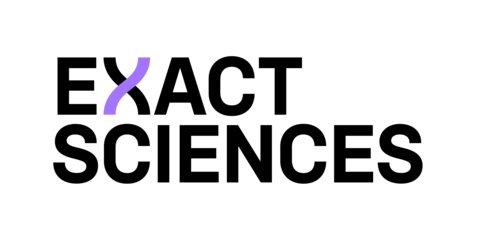
Exact Sciences Corp, a leading provider of cancer screening and diagnostic tests, and Freenome, a biotechnology company pioneering an early cancer detection platform, announced they have entered into an agreement under which Exact Sciences will acquire exclusive rights in the United States to current and future versions of Freenome’s blood-based, single indication, colorectal cancer (CRC) screening tests.
Complete findings from the prospective PREEMPT study were recently published in JAMA, a high-quality peer-reviewed journal. U.S. Census adjusted results as reported in JAMA show Freenome’s first version test achieved sensitivities of 81 per cent for CRC and 14 per cent for advanced precancerous lesions (APL) at a specificity of 90 per cent. The Freenome team recently submitted the last module of the pre-market application to the FDA. Freenome then plans to submit a supplement to the FDA for its next-generation test once final clinical validation data are available.
“This exclusive license expands our leadership in cancer screening with the addition of blood-based options,” said Kevin Conroy, Chairman & CEO. “Cologuard Plus is the most accurate guideline-included non-invasive colorectal cancer screening test. We’re now able to offer a complementary blood-based option to the over 50 million unscreened Americans, supported by our broad commercial reach, ExactNexus technology platform, and deep relationships with health systems and payers.”
“The test performance represents an important step toward closing the screening gap in the United States,” said Aaron Elliott, Ph.D., Chief Executive Officer at Freenome. “Exact Sciences brings the scale, reach, and proven track record to maximise its impact and deliver this technology to patients faster and with greater certainty.”
In addition, Exact Sciences shared initial results from an internal version of its CRC blood test, showing sensitivities of 73 per cent for CRC and 14 per cent for APL at 90 per cent specificity. These results do not include the additional marker class presented at the ESMO 2024 congress. Internal testing and evaluation of the assay are ongoing.